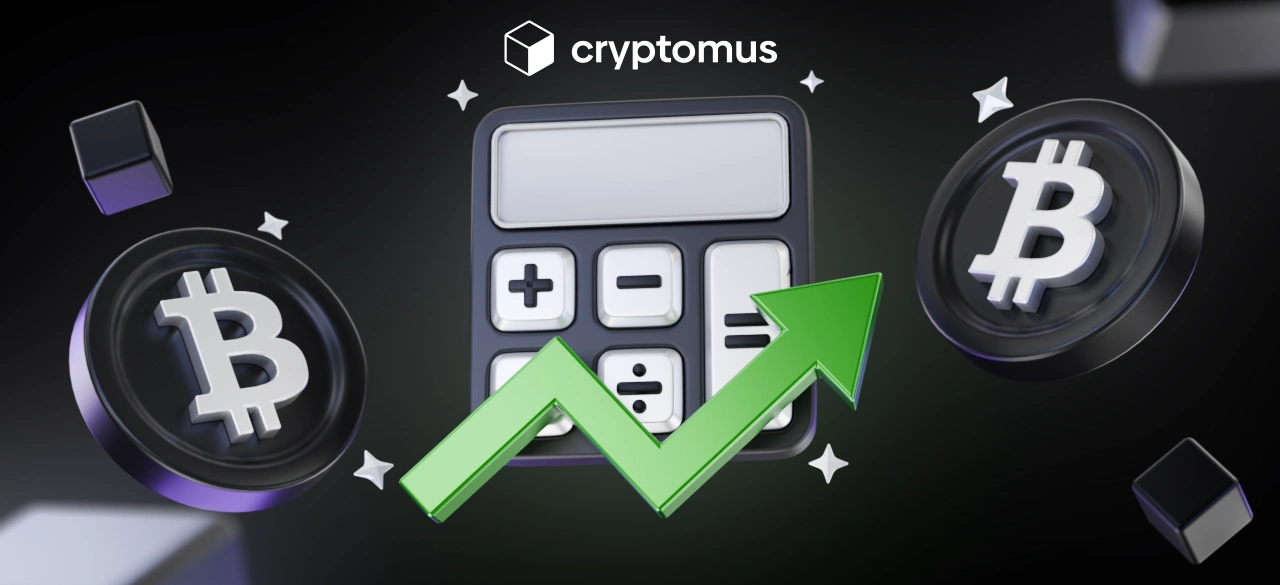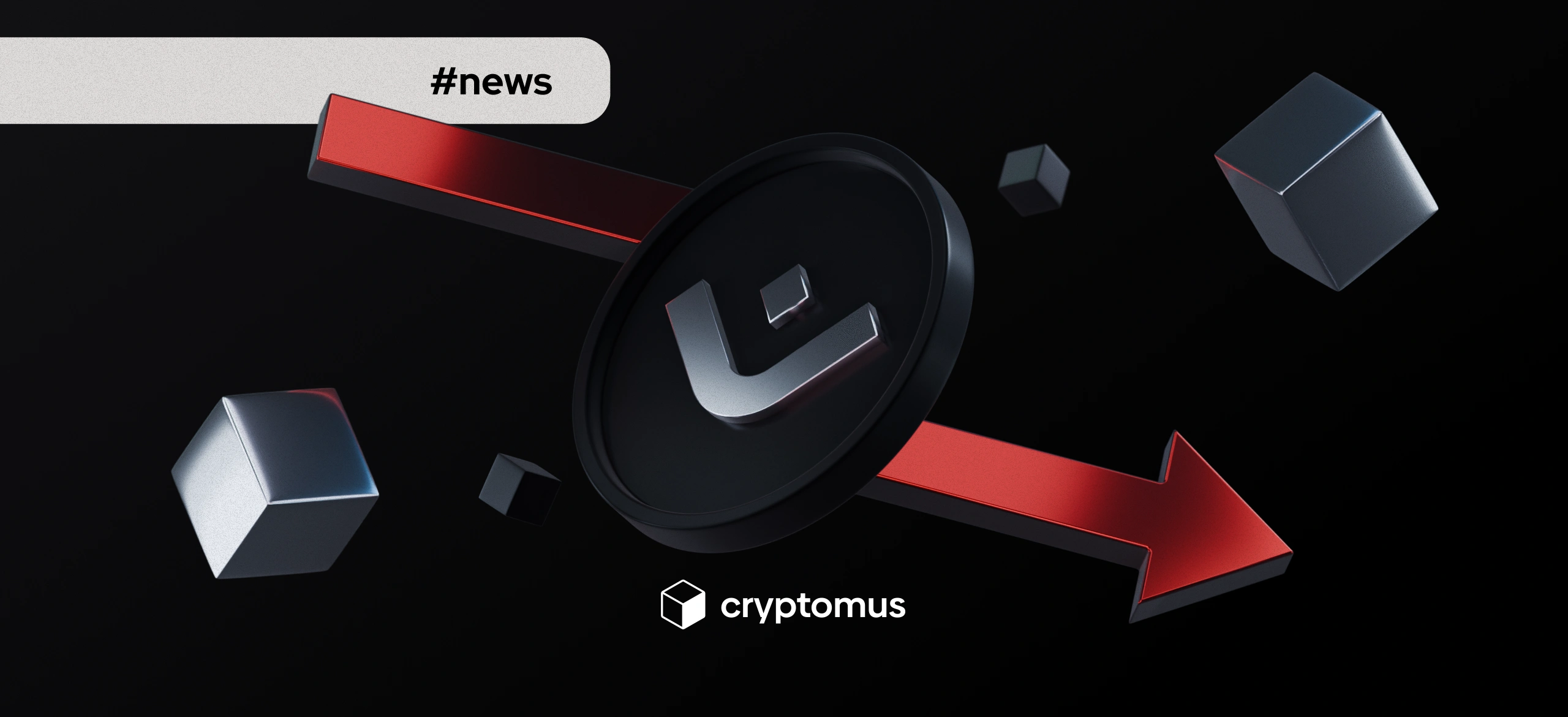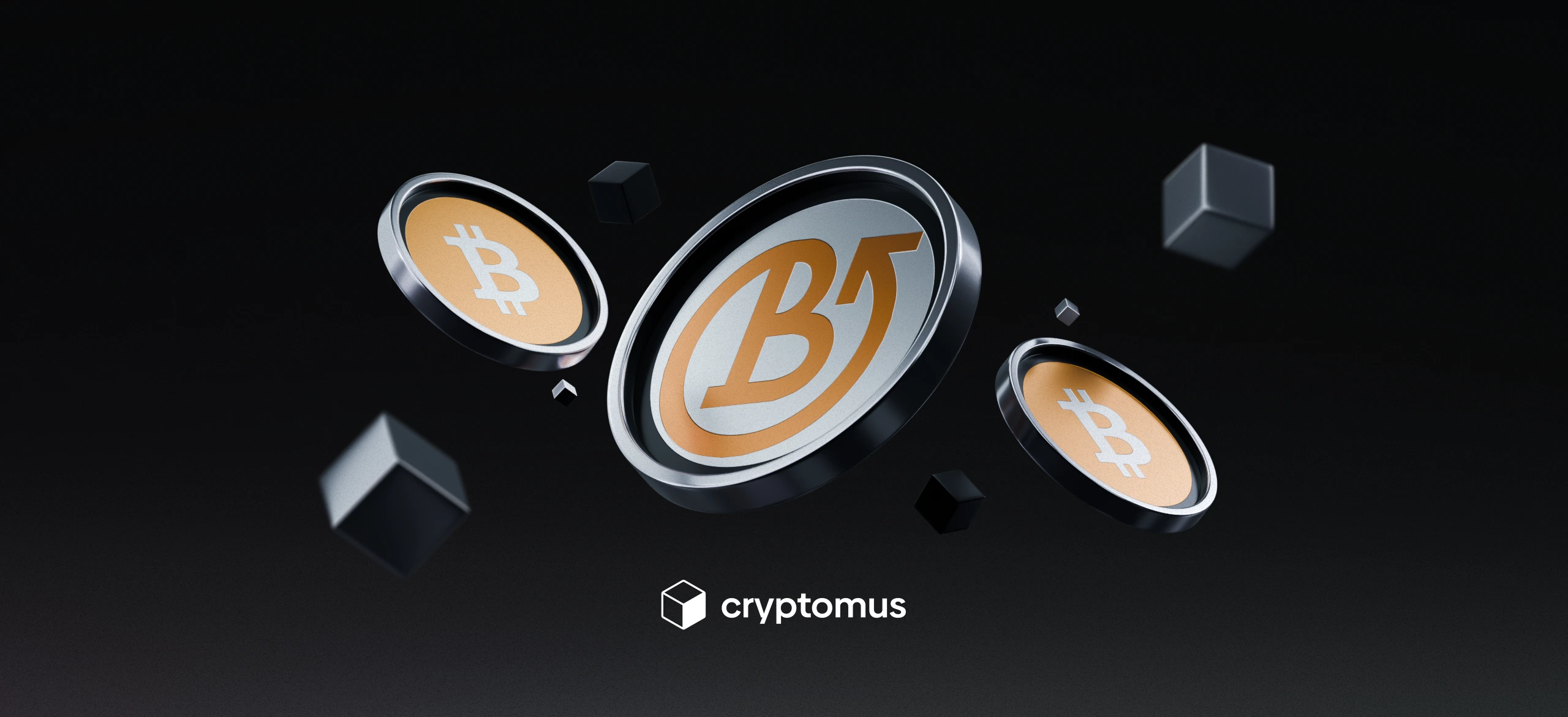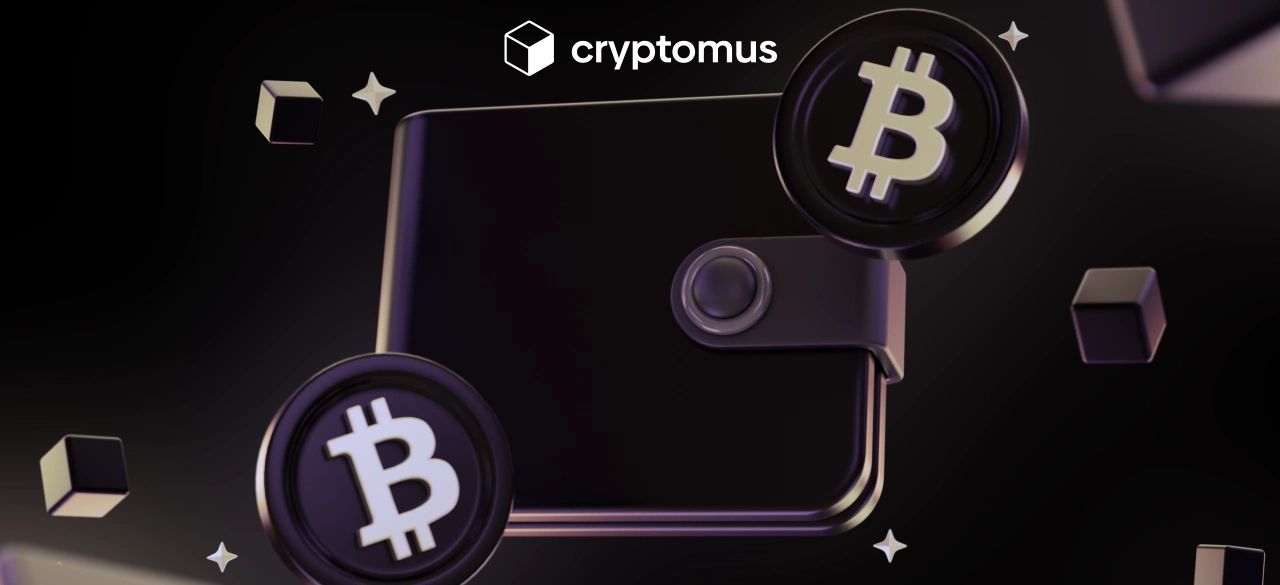
What Is A Bitcoin Wallet?
Table of Contents
Bitcoin wallets are the key to managing and securing your cryptocurrency. They store the cryptographic keys needed to send, receive, and track Bitcoin, allowing you to interact safely with the blockchain. This guide will explain the main types of wallets, how they work, and how to choose the right one to keep your Bitcoin safe and easy to access.
Types of Bitcoin Wallets
There are several types of Bitcoin wallets:
- Software Wallets: These include mobile and desktop apps and web-based wallets. They are convenient for frequent transactions but vary in security depending on the provider you choose.
- Hardware Wallets: These are physical devices that store your private keys offline, providing a higher level of security against hacking and malware. However, while they offer enhanced security, they can be more expensive and less convenient to use for frequent transactions compared to software wallets.
- Paper Wallets: A paper wallet is a printed piece of paper containing your public and private keys. It’s highly secure if stored properly, but vulnerable to physical damage and loss.
How Does a Bitcoin Wallet Work?
A Bitcoin wallet does not store the Bitcoins themselves but rather manages the cryptographic keys that allow users to interact with the blockchain. The main functions of a Bitcoin wallet are:
- Store private keys: private keys are secret codes that prove ownership of your Bitcoins.
- Generate public addresses: public addresses are created from private keys and are used to receive Bitcoins.
- Create and sign transactions: wallets let you send Bitcoins by creating a transaction and signing it with your private key.
- Submit transactions to the network: signed transactions are sent to the Bitcoin network, where miners include them in the blockchain.
- View balance and transaction history: wallets show your Bitcoin balance and let you track all past transactions.
How Can I Use My Bitcoin Wallet?
A Bitcoin wallet offers a range of functionalities to manage your cryptocurrency efficiently. Here are ways you can use your Bitcoin wallet:
- Send Bitcoin: transfer funds to another wallet using the recipient’s address or QR code.
- Receive Bitcoin: share your wallet address or QR code to accept payments.
- Store Bitcoin securely: keep your funds safe with encryption, backups, and private keys.
- Track transactions: monitor your transfers and balances using the wallet or a blockchain explorer.
- Exchange or convert: some wallets allow swapping Bitcoin for other cryptocurrencies or trade on in-built exchange.
Overall, a Bitcoin wallet is not just a tool for storing Bitcoin; it’s a specific payment instrument with a wide range of options within the digital currency ecosystem.
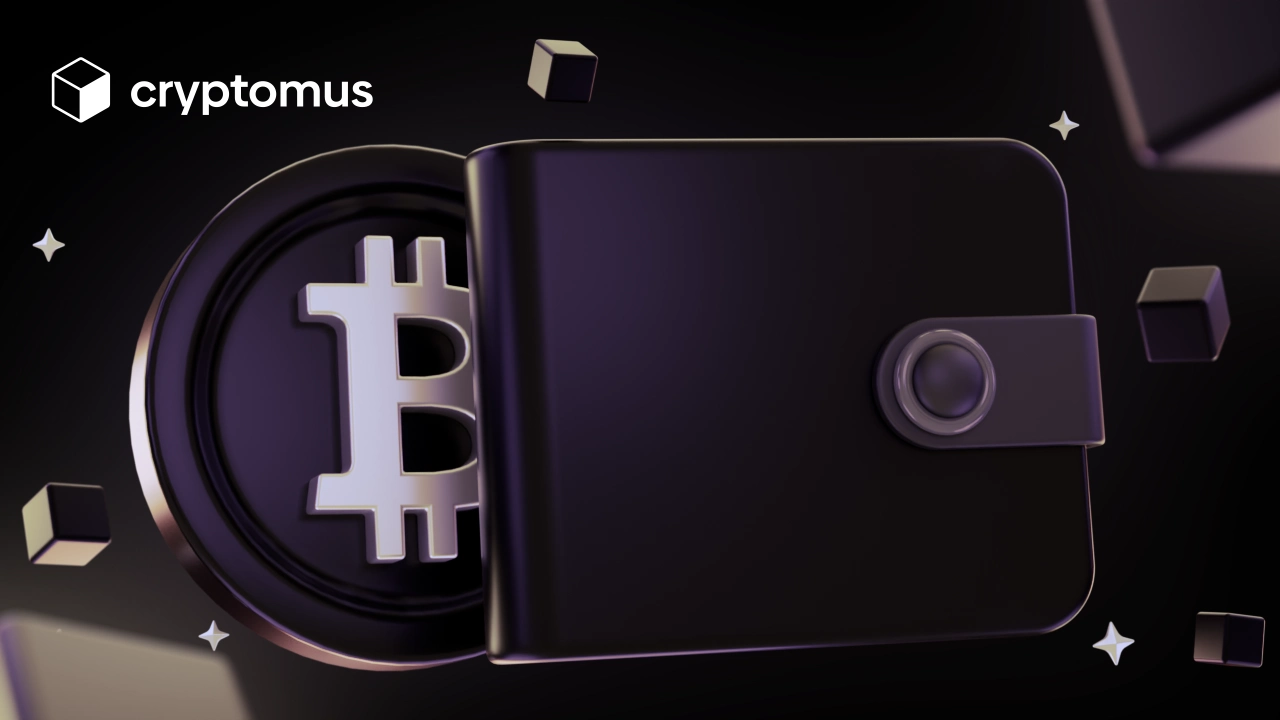
How to Create a Bitcoin Wallet?
Creating a Bitcoin wallet is simple and involves the following steps:
1. Choose a wallet type:
- Software wallets: apps or programs you install on your phone or computer. This category also includes web wallets, which work through your browser and are convenient for everyday transactions. They’re easy to use but rely on internet access and the security of the platform you choose.
- Hardware wallets: physical devices offering maximum security; ideal for storing large amounts of Bitcoin. However, they can be more expensive and may require additional setup, making them less convenient for everyday transactions.
2. Download or access the wallet: Install the app, program, or access the online wallet.
3. Set up your wallet: Follow the instructions to create a new wallet. Then pass KYC if it’s required and set up 2FA. 2FA adds an important extra layer of security to protect your account from unauthorized access.
4. Start using your wallet: Once you set it up, your wallet is ready to receive, send, and manage Bitcoin.
What Is a Bitcoin Wallet Address?
A Bitcoin wallet address is a unique string of alphanumeric characters used to receive Bitcoin. It is derived from your wallet's public key and serves as a place for incoming Bitcoin transactions. Here's what you need to know about Bitcoin addresses:
- Format: a Bitcoin address is a string of 26 to 35 alphanumeric characters. It typically begins with "1", "3", or "bc1", depending on the address type.
- Sharing: when you want to receive Bitcoin, you share your Bitcoin address with the sender. Ensure that the address is copied correctly, as sending Bitcoin to the wrong address can result in irreversible loss of funds. Some wallets also support QR codes for easier sharing and reduced risk of errors.
- Public nature: Bitcoin wallet addresses are public, meaning anyone can see the transactions associated with an address on the blockchain. However, the identity of the address owner is not revealed. While this provides a degree of privacy, it is not absolutely anonymous, and advanced techniques can sometimes trace transactions back to individuals.
In our guide we have described where exactly you may find your Bitcoin wallet address.
How To Choose a Bitcoin Wallet Provider?
It’s also essential to find a reliable wallet provider that will suit all your goals and needs when working with cryptocurrency. Consider the following factors:
- Security: look for strong encryption, two-factor authentication, and backup options.
- Reputation: choose providers with positive reviews and a trusted track record.
- Ease of use: make sure the wallet interface is simple and user-friendly.
- Compatibility: check if it works on your device and supports the cryptocurrencies you need.
- Fees: compare transaction or withdrawal fees to avoid surprises.
- Customer support: reliable support can help if you run into issues.
A Bitcoin wallet is an essential tool for anyone looking to interact with Bitcoin in the easiest and most efficient way. Understanding how it works, how to use it, and how to choose the right provider can greatly enhance your cryptocurrency experience.
Thank you for taking the time to read this article! We hope it has helped you feel more confident in your journey with cryptocurrency.
Simplify Your Crypto Journey
Want to store, send, accept, stake, or trade cryptocurrencies? With Cryptomus it's all possible — sign up and manage your cryptocurrency funds with our handy tools.
Get Started







